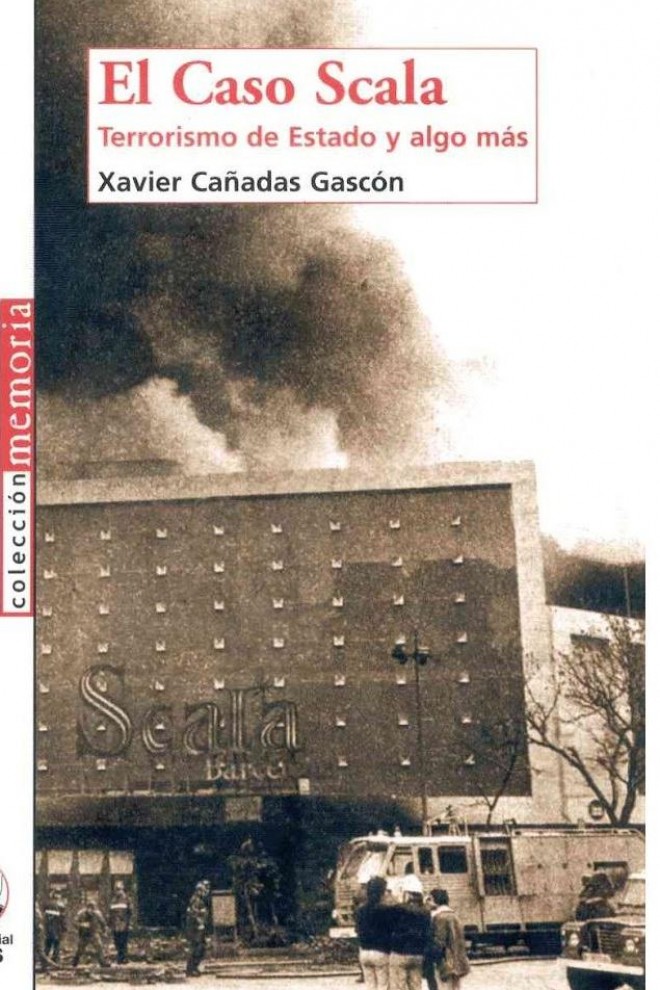The revelations in the Guardian concerning the government’s post-9/11 torture policy are shocking. The admissions come from an intelligence and security committee report dated 2005. There are various aspects of the report that should be underlined.
First, I must confess that I, along with others, did not notice the report when it was first written. It took Ian Cobain to put it on the front page of the paper.
Second, when the foreign minister, David Miliband, told the foreign affairs committee last Tuesday that the government would not publish earlier “torture policies”, perhaps even he did not recognise that the cat was already half way out of the bag, and howling.
The ISC report tells us that British security agents “were not given specific training on the rights of detainees and the Geneva conventions, nor were they aware of the 1972 announcement banning certain interrogation techniques” prior to being sent to Afghanistan. That is bad enough. However, when this omission came to the attention of the authorities, the instructions they came up with were far worse.
A British officer witnessed Americans abusing prisoners in early January 2002. Sensibly, he asked what he should do. On January 11, 2002, the British government sent advice to all agents stating: “Given that they [the prisoners] are not within our custody or control, the law does not require you to intervene to prevent this.”
The ISC reports that “[f]ollowing receipt of these instructions, the [intelligence] officer … took no further action … ” In other words, notwithstanding his initial instincts, he did nothing to put a stop to the abuse because those in authority told him he did not have to.
It is hardly surprising, then, that just four months later another British agent relied on the same “advice” to ignore the torture that was happening to Binyam Mohamed. He knew it was happening, and he let it go on. Binyam would suffer years more of torture.
The ISC wrote that “these instructions did not go far enough” (something of an understatement). The rules “should have required the [intelligence] officer to report his concerns to the senior US official. They should also have required all officers to report any similar matters in the future to both the US authorities and to their respective headquarters in the UK.”
This would be the minimum requirement. The convention against torture requires a full investigation.
It is not clear why this was not brought to the attention of the ISC at once. It took three years to make it into the ISC report. At this time, in the government’s reply, Blair’s office stated that while the “government agrees that UK officials should report any concerns arising from detainee interviews to the detaining authority” this was really all that needed to be done. “Further investigation is a matter for the detaining authority,” the response went on (pdf), “but the government agrees that, so far as it is within their power, UK officials should try to ascertain the outcome of any such investigation.”
In this, Blair’s office admitted in writing that it was still not fulfilling its obligation under the CAT to ensure a full investigation into torture.
Apparently, in 2004 new (more formal) “advice” was provided to the intelligence services by Blair’s office. Miliband apparently meant this week that this policy would be kept secret as well. One can only imagine what this advice said. But we should not have to imagine it. We – the British public, as well as the victims of torture – deserve to be told.




